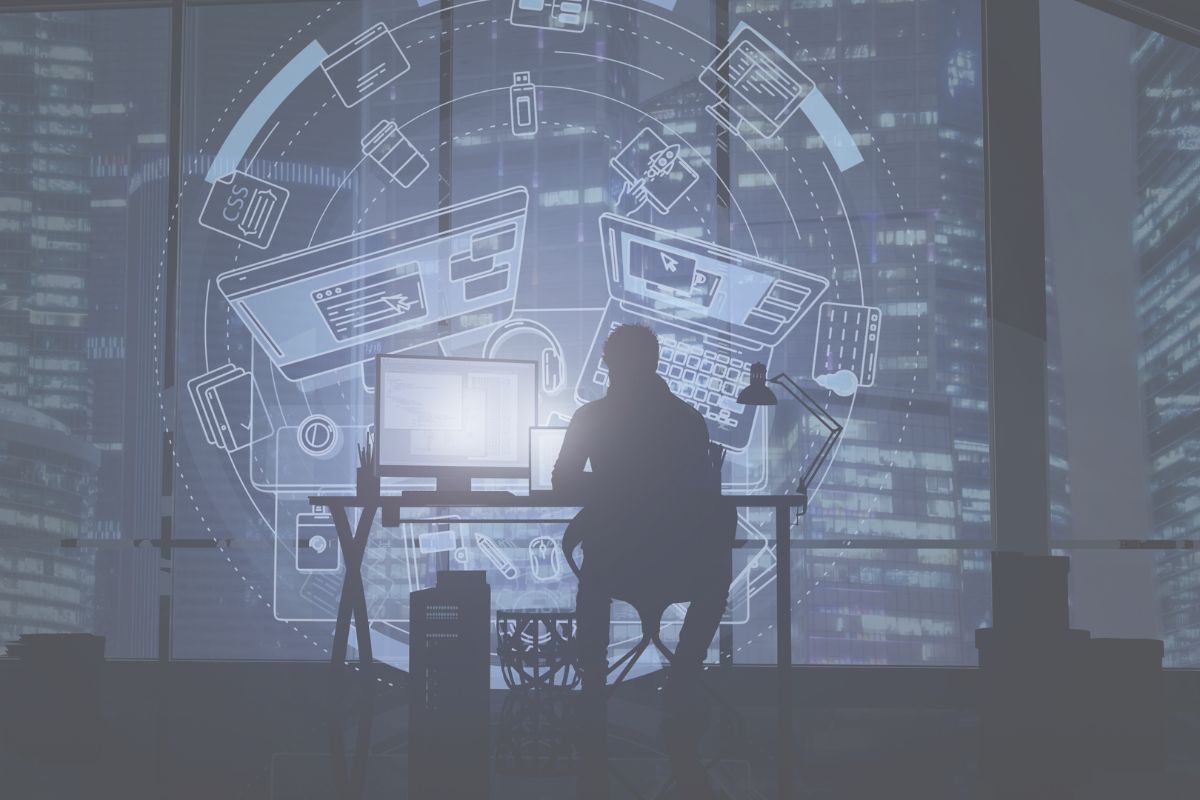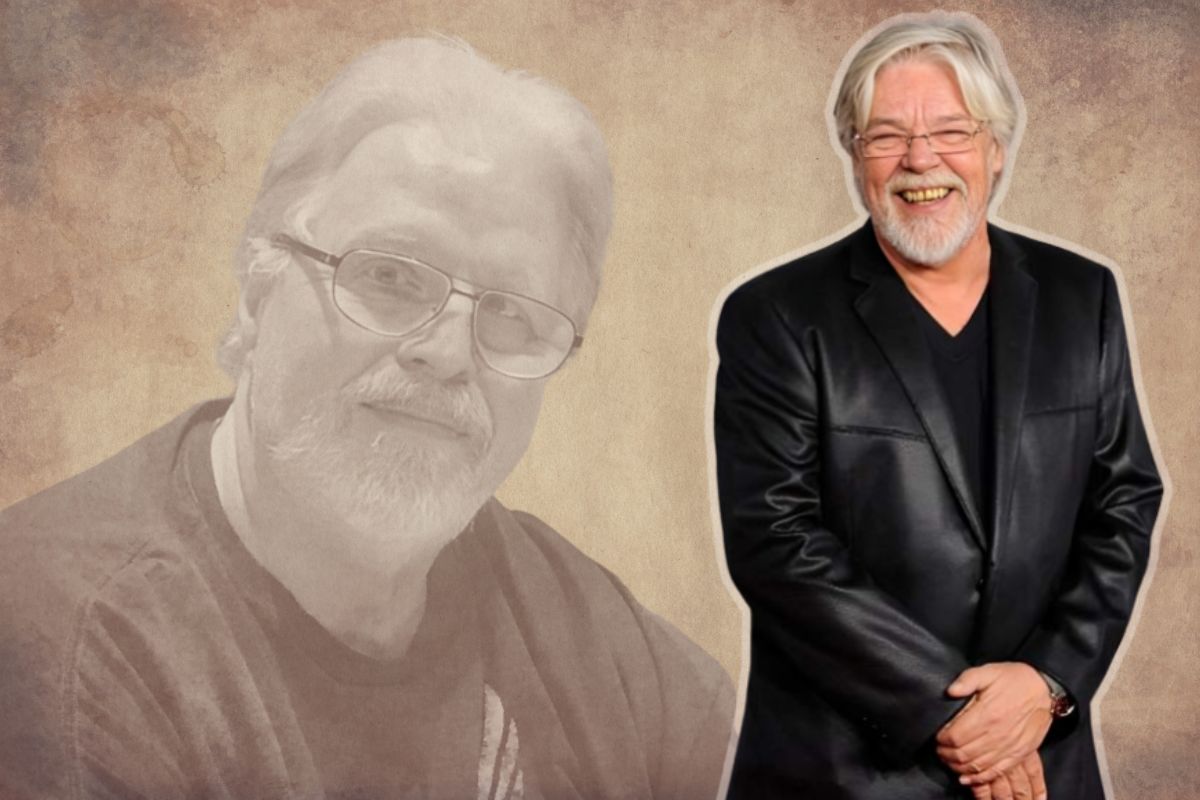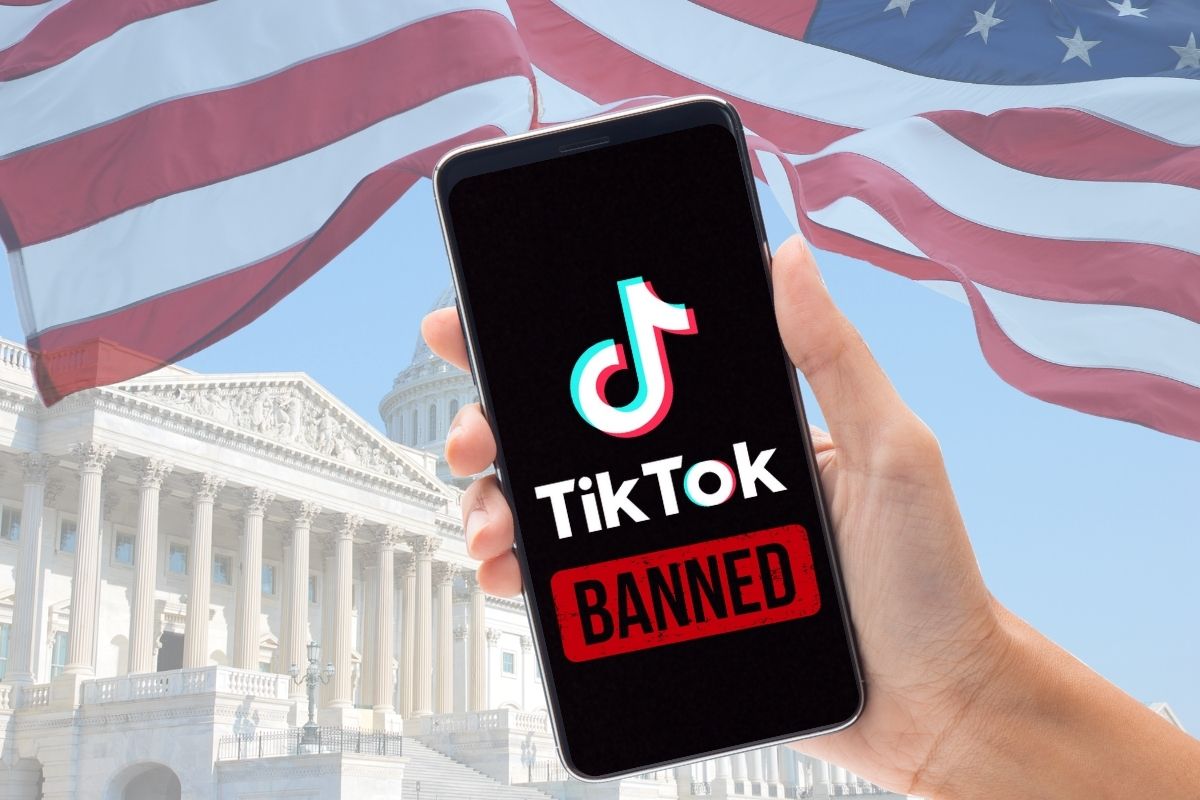Emphasising the future of TikTok in the United States, the Supreme Court is currently looking at a crucial case balancing free expression rights against national security issues. Unless ByteDance, its Chinese parent firm, sells its U.S. business to a non-Chinese entity, the result could be a national ban of the app by January 19, 2025.
Background of the TikTok Ban
Congress passed the Protecting Americans from Foreign Adversary Controlled Applications Act (PAFACA), President Biden signed into law, in April 2024 This law requires that foreign-owned apps judged to pose national security concerns—like TikTok—must either be sold to a U.S. organisation or risk ban. The law is supposed to take effect on January 19, 2025 unless ByteDance satisfies the divestment requirements.
National Security Concerns
Based on TikTok’s Chinese ownership, the U.S. government argues that the Chinese government might have access to user data or influence content, therefore raising significant national security issues. TikTok stresses its dedication to user privacy and security, but it also argues that there is no proof of such abuse.
First Amendment Implications
Along with its users and content creators, TikTok argues that a prohibition would violate First Amendment rights by stifling a forum utilised by almost 170 million Americans for expression and information sharing. They contend that such a severe action is not justified by the hypothetical nature of the government’s issues.
Supreme Court Proceedings
regarding January 10, 2025, the Supreme Court heard oral arguments regarding PAFACA’s constitutionality. Before the January 19 deadline, the justices are supposed to decide something. Especially, President-elect Donald Trump has indicated a possible change in the executive branch’s attitude to the matter by submitting an amicus brief asking a postponement in the ban’s execution to enable a political resolution.
Potential Outcomes and Implications
Should the Supreme Court uphold the law and ByteDance neglect to divest, TikTok could be kicked off from app stores, therefore stopping fresh downloads and upgrades and resulting in a slow down in functionality. This begs issues about the balance between national security and free expression as well as about the precedent this situation generates for government control of digital channels.
Conclusion
Eventually, the Supreme Court’s decision on the ban of TikTok would significantly influence digital expression, national security policy, and internet business control. As the January 19 deadline approaches, users, content creators, and legislators expect a solution that might change the junction of technology and governance in the United States.
















